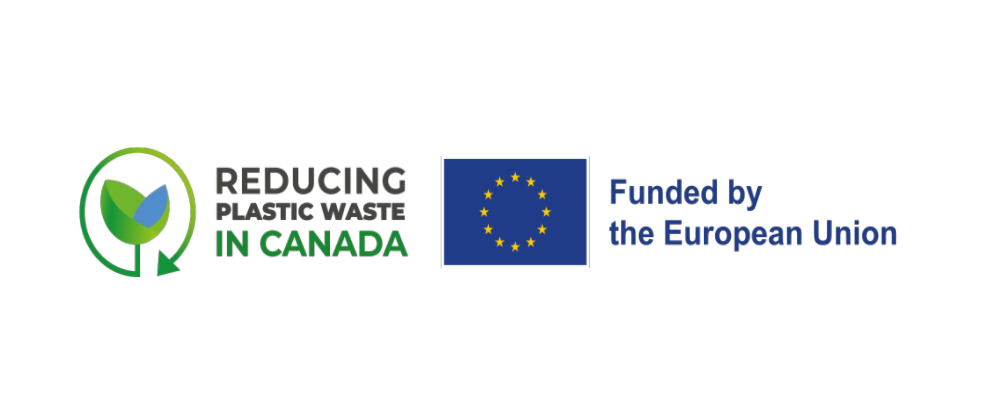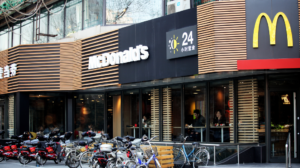Story 12: Lessons Learned from the United Kingdom’s Textiles Sector Reuse Initiative
An award-winning industry-led project in the UK called Sustainable Clothing Action Plan (SCAP) shows how a team of collaborators that include brand owners, retailers, reuse and recycling organisations, academics and other innovators can influence the way textile products are designed, manufactured, and re-used or recycled across the United Kingdom (UK).
The SCAP program began in 2012 and finished in 2021. Based on the success of this decade long initiative, a new 2030 initiative was launched in 2022 (see below). SCAP provided the evidence base and tools to enable businesses to target, measure, and act to reduce their environmental impact from the textiles industry. The initiative involved over 90 organisations, including brands and retailers representing 43–48% of UK clothing by sales volume, made the commitment to collectively reduce the impacts of products by taking action in seven key areas:
- Using the SCAP Footprint Calculator to measure impacts of all products sold and tracking changes.
- Making changes in fibre and fabric selection that reduce the environmental footprint of clothing products.
- Working with supply chain partners to reduce the environmental impact of manufacturing processes.
- Extending the useful life of clothes and reducing the impact of clothing in use through product design and services.
- Using effective messaging to influence consumer behaviours to reduce environmental impacts from clothing.
- Increasing re-use and recycling to recover maximum value from used clothing.
- Developing actions to keep clothing out of landfill.
Examples of resulting collaborative partnerships:
Re-sale in the mainstream: George@ASDA and Preloved – business partnership between a vintage resale organizations and a current leading brands to sell vintage clothing within their retail stores. The business model is all about making good quality vintage and second-hand clothes accessible.
Primark Textile Takeback Scheme – introduced takeback bins in 190 stores across the UK, accepting items from any other brand and with a ‘nothing goes to landfill’ policy. Approximately one million garments are diverted from landfill every month.
Textiles 2030 has now launched based on the success of this award-winning initiative, harnessing the knowledge and expertise of UK leaders in sustainability to accelerate the UK fashion and textiles industry towards a circular economy.
URLs
https://wrap.org.uk/sites/default/files/2021-10/SCAP%202020%20Final%20report_0.pdf
https://wrap.org.uk/sites/default/files/2021-10/WRAP_SCAP_Case_studies_ASDA.pdf
https://wrap.org.uk/sites/default/files/2021-10/WRAP_SCAP_Case_studies_Primark.pdf
The European Union (EU) project on Reducing Plastic Waste in Canada




